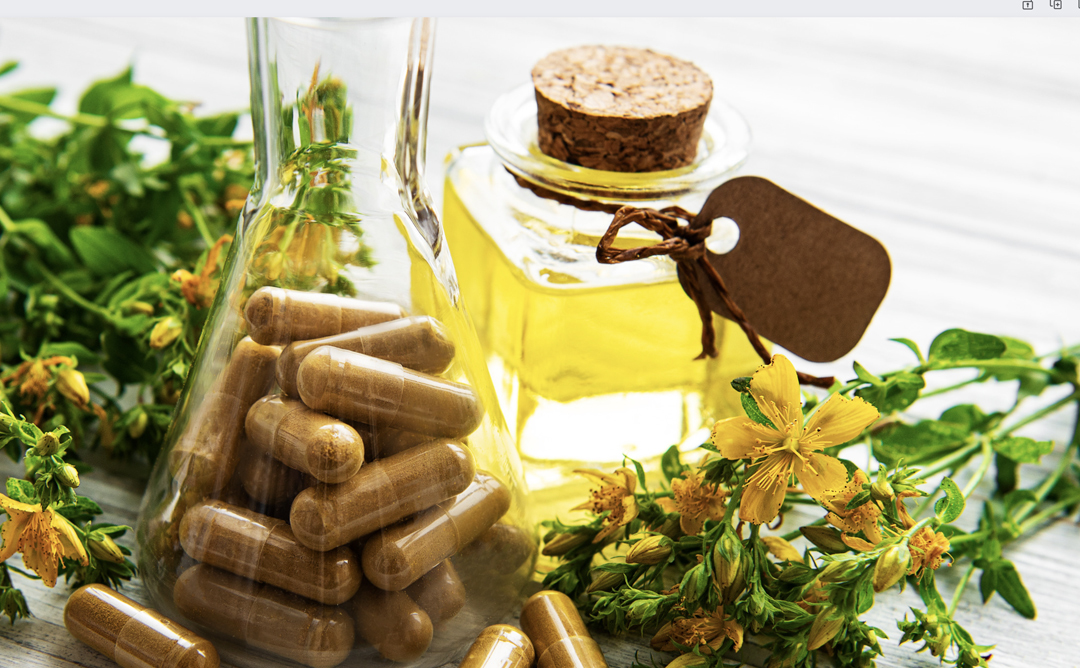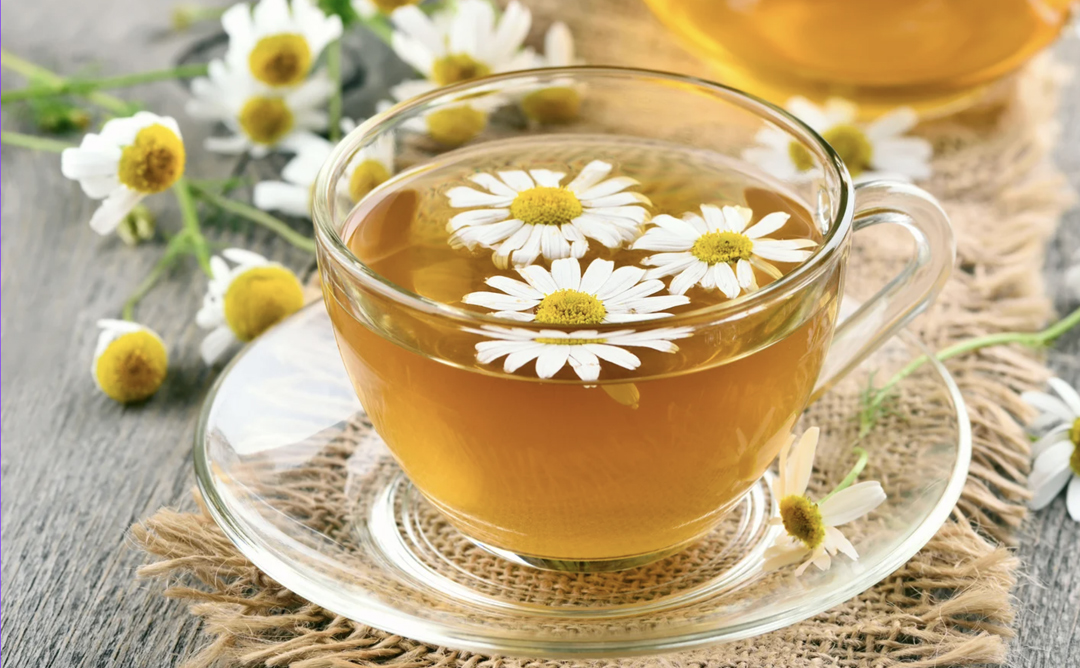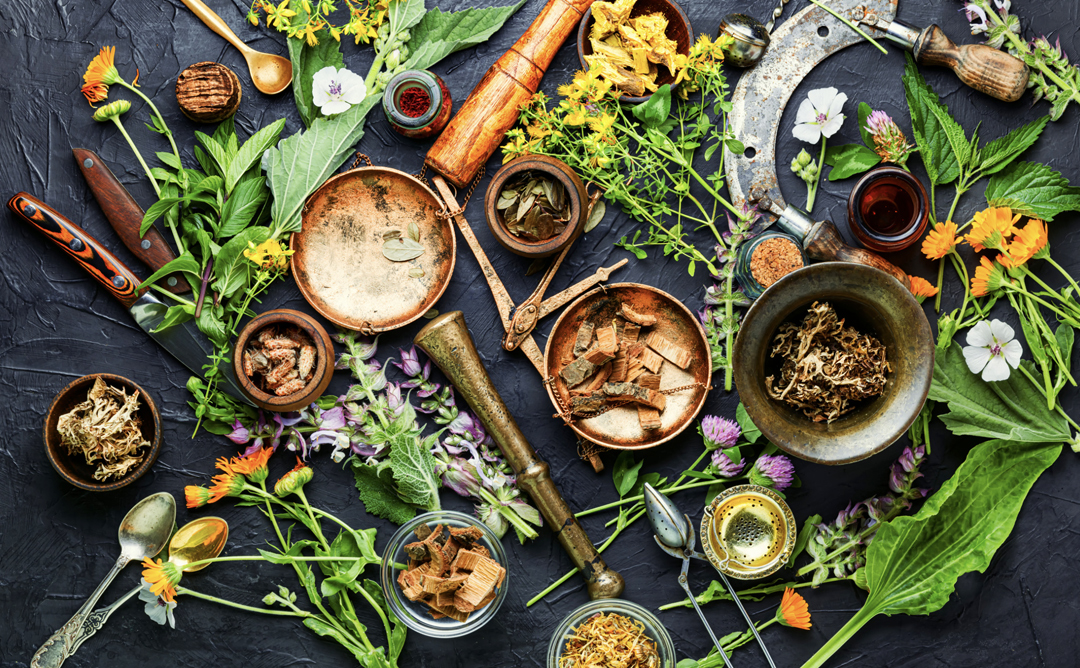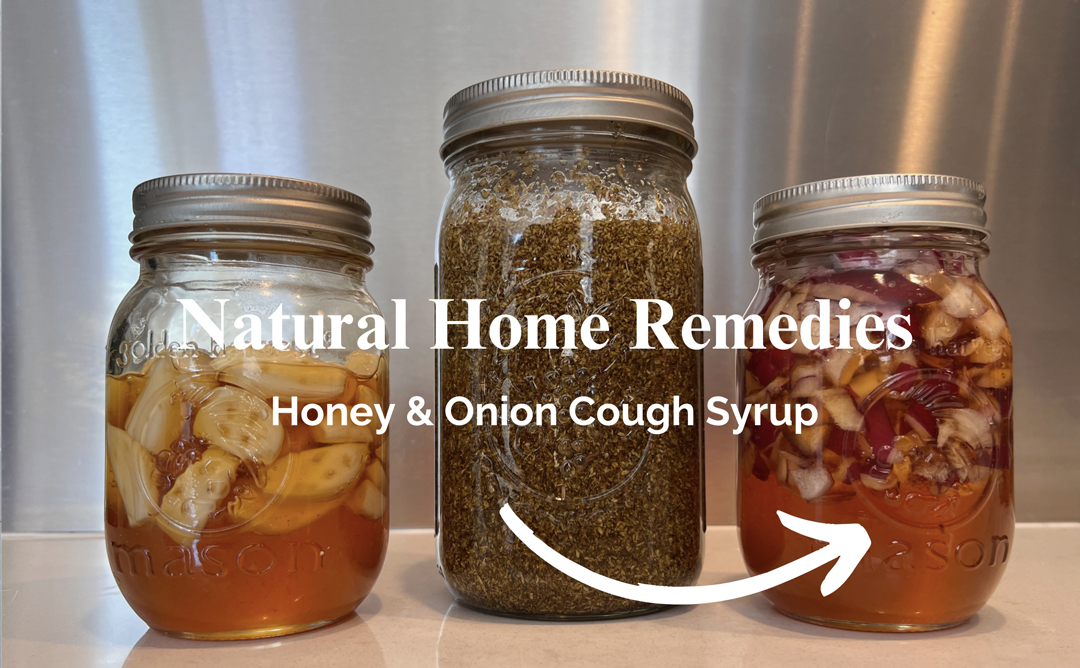
The Benefits of Bromelain from Pineapple for Pain

The Benefits of Bromelain from Pineapple for Pain
I couldn’t contain my excitement when I discovered bromelain—it’s truly incredible! The benefits, especially its ability to alleviate chronic pain, completely blew me away. And the best part? It’s delicious too! I’ve included a fun recipe for pineapple tea. So, without further ado, let’s dive right in and explore all that bromelain has to offer for pain management.
The Benefits of Bromelain for Pain Management
Bromelain, an enzyme found in pineapples, is a natural powerhouse when it comes to managing pain. This remarkable enzyme has been used for centuries for its anti-inflammatory and analgesic properties, providing a natural alternative to over-the-counter pain medications. It literally works immediately for me. If I’m in pain I’ll make a tea, add some pineapple core to a smoothie, or just cut into the pineapple and start eating! Let’s explore how bromelain can help alleviate pain and improve your overall well-being.
How Bromelain Helps with Pain Management
1. Reduces Inflammation: Bromelain’s anti-inflammatory properties help reduce swelling and inflammation in the body, which can alleviate pain associated with conditions like arthritis, tendonitis, and sports injuries.
2. Alleviates Joint Pain: By reducing inflammation, bromelain can help ease the pain and stiffness in joints, making it beneficial for those with osteoarthritis or rheumatoid arthritis.
3. Supports Muscle Recovery: After intense physical activity or exercise, bromelain can aid in muscle recovery by reducing inflammation and promoting faster healing of micro-tears in muscle tissue.
4. Natural Pain Relief: Bromelain acts as a natural analgesic, helping to relieve pain without the side effects associated with conventional painkillers.
Fun Recipe: Pineapple Tea with Bromelain
Enjoy a soothing cup of pineapple tea to harness the benefits of bromelain for pain relief. This delicious and refreshing tea is easy to make and perfect for sipping throughout the day. Several family members have asked me for my pineapple tea recipes, and I’ve got quite a few! Here’s a versatile one that’s always a hit. Feel free to get creative with it—I’ve experimented with adding lemons, limes, and even green tea leaves for extra nutrients. During winter, when inflammation flares up, I often throw in turmeric and paprika for their anti-inflammatory properties. The possibilities are endless!
Pineapple Tea Recipe
Ingredients:
– 1 cup fresh pineapple chunks (including the core, where bromelain is most concentrated)
– 2 cups water
– 1-2 teaspoons honey
– 1 teaspoon fresh ginger, grated
– Fresh mint leaves for garnish
Instructions:
1. Boil: In a medium saucepan, bring the water to a boil.
2. Simmer: Add the pineapple chunks and grated ginger to the boiling water. Reduce the heat and let it simmer for 10-15 minutes.
3. Strain: Remove from heat and strain the tea into a teapot or cups, discarding the pineapple chunks.
4. Sweeten: Stir in honey if desired for a touch of sweetness.
5. Garnish: Garnish with fresh mint leaves.
6. Enjoy: Sip and enjoy the warm, soothing benefits of your homemade pineapple tea!
This delightful pineapple tea not only tastes great but also helps reduce inflammation and pain naturally, thanks to the bromelain content.
Bromelain from pineapple is a natural and effective way to manage pain. Its anti-inflammatory and analgesic properties make it a great alternative to traditional pain medications. Incorporating bromelain-rich foods like pineapple into your diet, or enjoying a cup of pineapple tea, can provide significant relief from pain and improve your overall quality of life.
Embrace the healing power of bromelain and enjoy the sweet taste of natural pain relief!
Join Our Facebook Group
Disclaimer: We are an affiliate of many companies, which means that we may receive a commission if you click on our affiliate link and make a purchase. However, this does not affect our reviews and comparisons. We strive to provide honest opinions and recommendations based on our own experiences and research. Any product claim, statistic, quote, or other representation about a product or service should be verified with the manufacturer, provider, or party in question.





